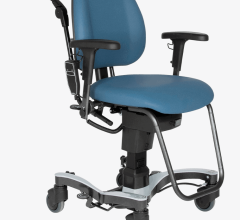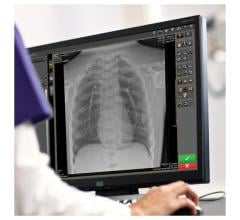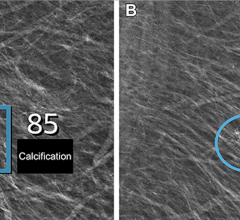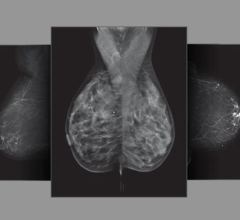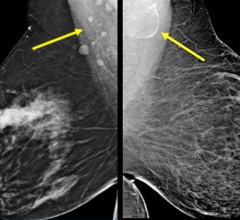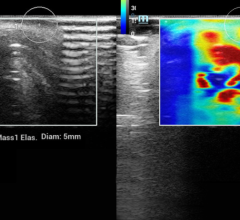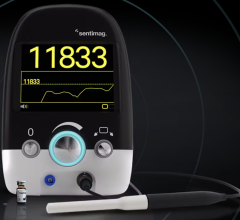British researchers have developed a vaccine that stimulates colorectal cancer patients’ immune systems to fight cancerous cells.
In a clinical trial of 67 patients, researchers at the University of Nottingham observed that when the vaccines were administered before and after surgery to remove cancerous tumors, they helped stimulated immune cell production in up to 70 percent of patients. These results are published in the November 15 issue of Clinical Cancer Research.
“This is the first vaccine shown to stimulate TNF-alpha – an immune-system protein that is very effective at killing cancer cells,” said Lindy Durrant, senior author of the study and professor of cancer immunotherapy at the university.
The vaccine works by stimulating the patients' immune response to generate infection-fighting white blood cells called T cells, which in turn produce immune system proteins called cytokines that destroy cancer cells. The antibody contained in the vaccine, called 105AD7, was cloned from a patient who survived seven years with liver metastases from colorectal cancer, Durrant explained.
“This is very unusual as most patients die within one year of getting liver metastases,” she said. “I thought if this antibody had helped this patient, if we could clone it, it might help others.”
105AD7 is structurally similar to CD55, a protein that attaches to sugar molecules and is overexpressed in colorectal cancer cells, protecting them from attack by the body’s immune system. While low levels of CD55 occur in all cells exposed to the immune system, increased _expression of the protein has been observed in multiple types of tumors, including up to 80 percent of colorectal cancers.
During the trial -- the largest to date looking at 105AD7 plus surgery -- 67 patients with colorectal cancer who were scheduled for surgery to remove their primary tumor were randomly assigned to receive either 100 micrograms of 105AD7 with a powder to help absorb the vaccine, 105AD7 along with BCG (a bacteria used to stimulate the immune system in cancer patients) during the first immunization and the powder in subsequent vaccinations, or no treatment.
The patients, who had varying degrees of disease, averaged age 66. Twenty-eight patients had colon cancer while in 39 patients the primary tumor was located in the rectum.
Patients were immunized before surgery on the day they were recruited for the study, and again two weeks later if surgery had not yet been performed. The vaccines were continued three, six and 12 weeks after surgery, and then at three monthly intervals up to a maximum of 24 months after surgery. Blood samples were collected from the patients during recruitment, at surgery, and at the time of the three-, six- and 12-week post-operative immunizations. Additional blood samples were acquired one month after each subsequent immunization.
Laboratory tests of the blood samples indicated that a T-cell response against the vaccine was recorded in the majority of patients. The responses tended to have two peaks: one following the start of the immunization schedule and another several months later, after additional immunizations. About 70 percent of patients produced both TNF-alpha and GM-CSF – a protein that stimulates white blood cell production – in response to both the vaccine and to CD55.
“The immune responses to both the vaccine and CD55 were measurable, adding support to the use of CD55 as a target in cancer treatment,” Durrant said.
Nineteen of the patients died during the follow-up period. Durrant and colleagues noted that the trial was not designed to study the effect of the vaccines on survival.
The research was supported by The Research Foundation Stiftelsen Onkologiska Klinikens i Uppsala Forskningsfond.


 July 29, 2024
July 29, 2024 

